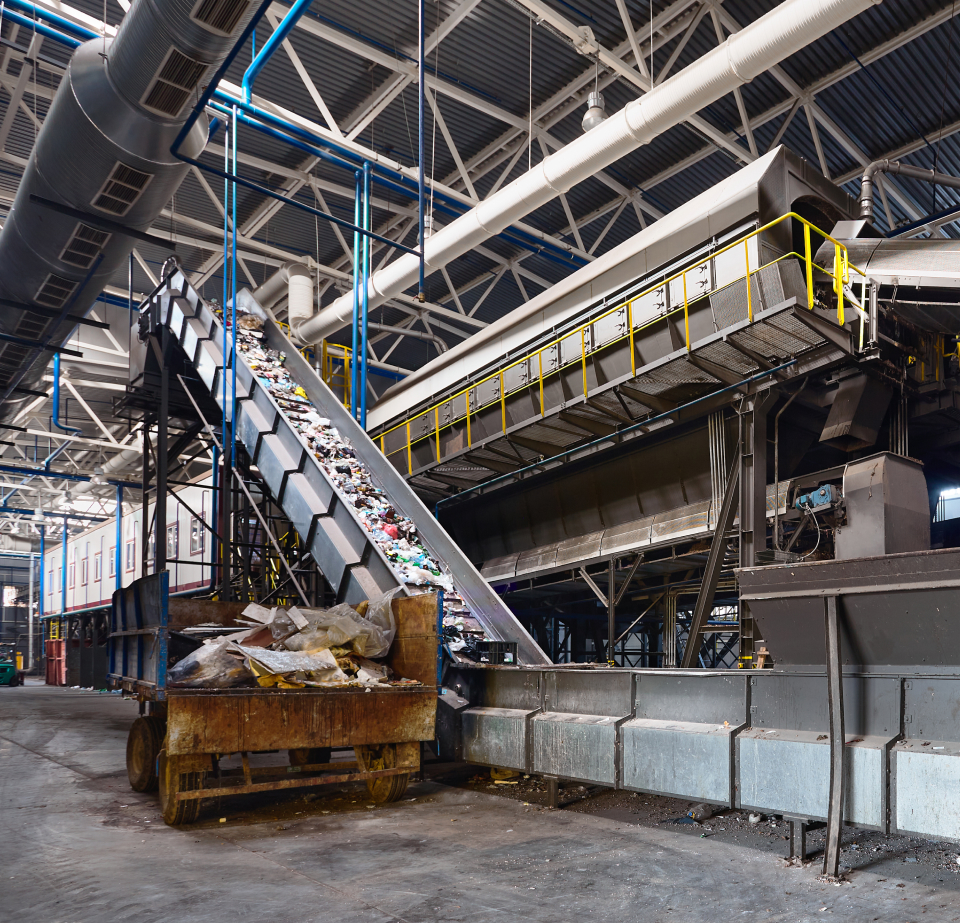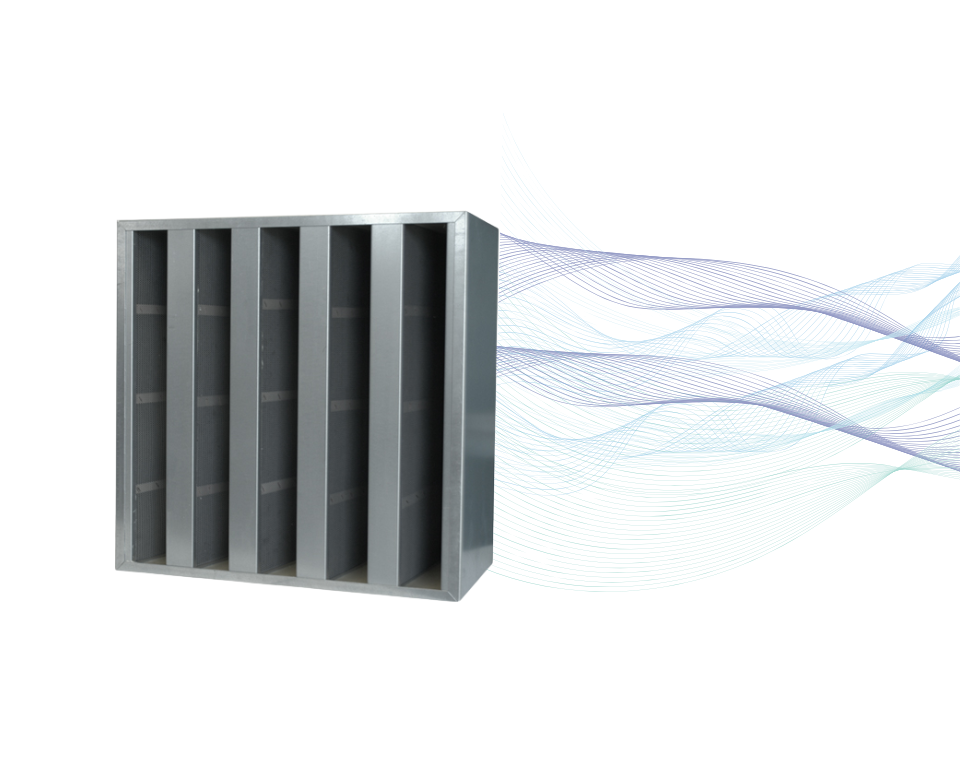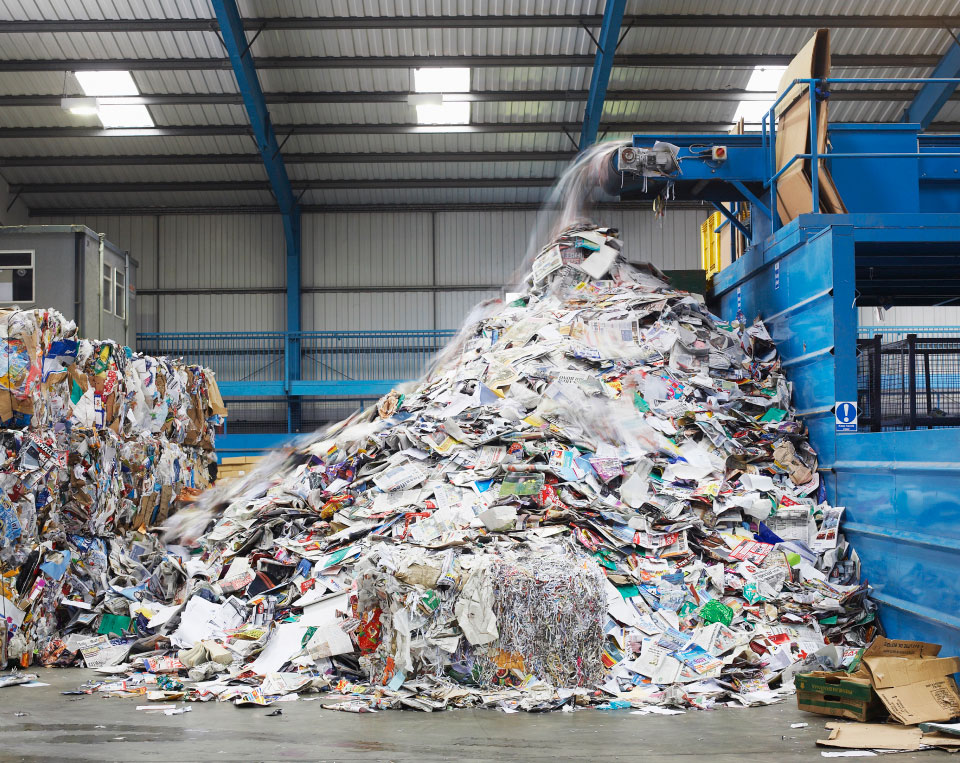Filtration for waste management and recycling
Robust filtration solutions for waste management and recycling facilities to avoid health and safety risks and reduce environmental impact

Risks presented by waste management
Air filters are essential in the waste management, recycling and wastewater industry. This sector generates high levels of noxious gases, dust and other molecular contaminants that result in unpleasant odours, which can even pose a toxic hazard to employees, the environment and equipment.
A controlled environment governed by regulations and requirements is required to ensure process efficiency and avoid health, safety and environmental risks.
Ventilation management of these facilities involves controlling unwanted particles in the air and reducing or minimising the adverse effects they can cause through air treatment, conveying, filtration and supply.
Areas to be adapted to reduce and avoid particulate pollution:
- Odour nuisance
- Dust formation
- Pollutants harmful to health, the environment and equipment
- Corrosion

Applications
Click on each application and find out how we can help you improve your processes.
Why air filtration systems for waste management and recycling facilities?
Waste management and recycling facilities require special air filtration and ventilation systems to prevent dust and corrosion formation, odour emissions and to comply with environmental regulations. That is why molecular and dust filtration will be our best ally.
The microscopic dimension of pollution sources, due to their size, makes the problem more difficult, because the air contains various micro-organisms and particles specific to the activity.
The function of a general ventilation system is to provide air flows, with the ideal temperature, humidity and air quality in the different areas, providing clean air to the equipment in order to eliminate airborne contaminants from the most critical areas.

Sources of pollution
In this industry, the main sources of particulate air pollution can vary depending on the waste being managed, the facilities, processes…
Particular care must be taken with ventilation ducts, as the air may not be properly filtered and allow contaminants such as dust and other molecular pollutants to circulate freely, which can cause bad odours, noxious gases that can even pose a danger to employees and the environment.
Some common contaminants in waste management facilities include:
- Industrial chemical effluents
- Hydrogen sulphide
- Mercaptans
Filter and air conditioning for waste management and recycling facilities
Venfilter filters and filter media are certified and comply with the most stringent regulations to meet the needs of the industry.
The ventilation systems of the facilities in these industries must comply with the strictest requirements in terms of protection and safety. They must guarantee the absence of particulate contaminants, especially in the most critical areas. Only systems with efficient filters can provide this type of control.
Venfilter offers specialised air filtration solutions that provide excellent long-term performance in demanding conditions. Talk to our experts.






















































